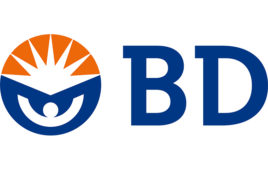
In a soon-to-be published article in the *Journal of the American Medical Directors Association, University of New Mexico researchers, in
collaboration with Industrial Rehabilitation Clinics of Albuquerque, followed patients who enrolled voluntarily in the New Mexico state medical cannabis program and found that they significantly reduced their utilization of scheduled prescription medications in the months following enrollment.
All prescriptions for scheduled medications must be reported to the New Mexico Prescription Monitoring Program with opiates and benzodiazepines being the two most common. Based on these prescription records, patients enrolled in the medical cannabis program reduced the monthly average number of prescriptions, types of prescriptions (drug classes), number of prescribers, and number of related pharmacy visits.
Seventy one percent of medical cannabis program enrollees either ceased or reduced their use of scheduled prescriptions within six months of enrolling.
While other studies on medical cannabis have looked at similar state-level outcomes, this study is the first to take the approach of examining individual patients throughout their enrollment in the medical cannabis program and comparing those patients to a comparison group of similar patients who did not enroll in the medical cannabis program.
The findings of this study indicate that once a patient enrolls in the medical cannabis program there is an increased likelihood that the patient will decrease their usage of scheduled medications. These medications include many drugs of abuse such as opiates, benzodiazepines, and sleeping medications. Opiates in particular are in the public discourse because of the danger of overdose, addiction and death.
__________________________________________________________
* Stith, S. S., et al “Effects of Legal Access to Cannabis on Scheduled II-V Drug Prescriptions.” (in press). Journal of the American Medical Director’s Association.
(Source: PR Newswire)




